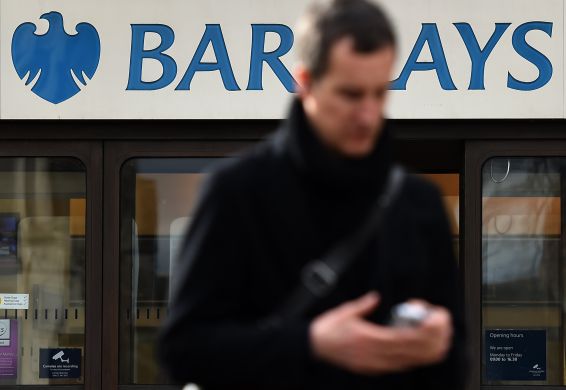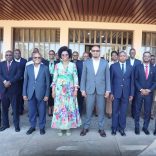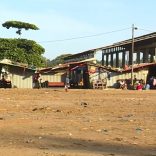Mozambique: New directors for Beira, Nacala and Lichinga airports sworn In
Barclays Africa said to lead bidder for Mozambican Banco Moza – Bloomberg

Lusa (File photo)
The Barclays Africa group is the main competitor among three parties interested in acquiring Banco Moza, according to sources with knowledge of the process quoted by Bloomberg. Barclays South Africa, which operates in 12 African countries, has submitted a proposal that will be reviewed by an independent panel whose decision should be known in July, the same sources added.
Barclays’ presence in Mozambique is still limited, and the purchase of Banco Moza is a quick way to gain scale in the economy, sources told Bloomberg.
Mozambique’s central bank took over the management of Banco Moza in September 2016 after the bank fell into financial difficulties and its solvency ratio dropped.
Since then, the Mozambican government failed in January to make the first instalment of a sovereign debt issue, and two public companies have also failed to pay, causing the country to fall, technically, into default.
According to the IMF’s “Regional Economic Outlook for Sub-Saharan Africa”, released yesterday, Mozambique faces the highest interest rate on foreign currency debt in the whole of Africa, with 20.4 percent compared, with 8.7 percent in Angola, the second-highest interest rate.
“The debt trajectory is clearly upward, at more than 50 percent of GDP in many countries” such as Cape Verde and Mozambique, analysts write in the report, which says public debt in Mozambique was 115.2 percent of GDP at the end of last year, but is expected to fall to 106.9 percent and 103.6 percent this and next year.
Mozambique’s debt-to-GDP ratio is surpassed only by Cape Verde, at 134.7 percent this year and a projected 133 percent in 2018, more than three times the sub-Saharan Africa average of 44.6 percent.
Mozambique faces 19 percent inflation this year on an expected growth rate of 4.5 percent, projected to fall to 10 percent and 5.5 percent respectively next year. After the public accounts imbalance narrowed from 10.4 to 7.4 percent last year, the budget deficit is expected to increase to 8.2 percent this year and to 8.5 percent in 2018, according to IMF forecasts.
The IMF report on sub-Saharan Africa comes in the week in which Kroll is to present to the Mozambican authorities a report on the so-called ‘hidden debt’ of US$1.4 billion contracted between 2013 and 2014 by public enterprises with government guarantee without being recorded in the official accounts or revealed to international creditors.












Leave a Reply
Be the First to Comment!
You must be logged in to post a comment.
You must be logged in to post a comment.